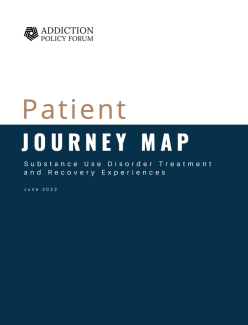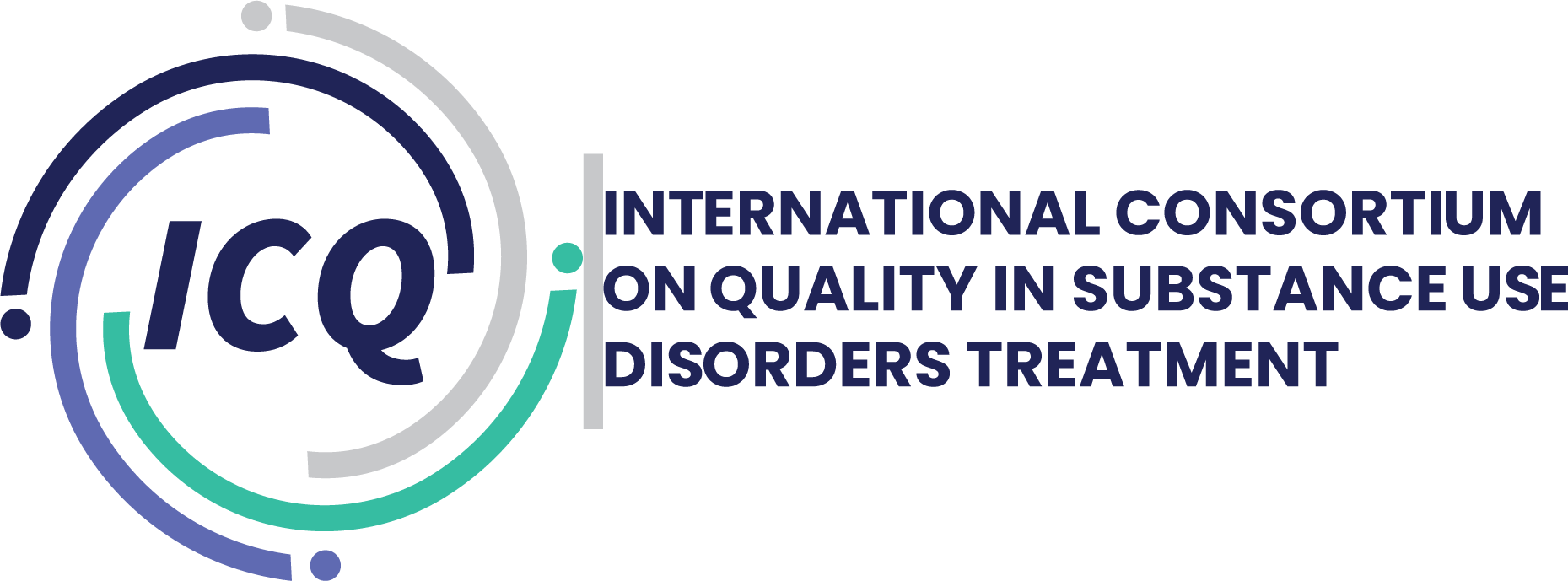Applying interventions designed to reduce and manage the symptoms of substance use disorders.
Treatment
Pattern and Socio-Demographic Correlation of Substance Use Among Patients Attending the Drug Unit of the University of Port Harcourt Teaching Hospital - Dr. Aborlo Kennedy Nkporbu, Day 5, 09:00-10:30
Presented as part of the Uniting the global community to face the challenge of addiction event, online on 16th May, 2022 Presentation: Pattern and Socio-Demographic Correlation of Substance Use Among Patients Attending the Drug Unit of the...
Drug Treatment Services: Addressing the needs of victims of Human Trafficking - Elizabeth Sáenz, Gui QiHui , Blessing Mandima, Day 4, 17:30-18:04
Presented as part of the Uniting the global community to face the challenge of addiction event, online, on 15th May, 2022.
War - Psychological skills for surviving (coping with) traumatic events: Overview of PTSD and PTSD Treatment
ISSUP Ukraine and ITTC-Ukraine welcome you to a joint initiative dedicated to the ongoing war and the horrific events that resulted from Russian's attack on Ukraine.
War - Psychological skills for surviving (coping with) traumatic events: Overview of PTSD and PTSD Treatment
ISSUP Ukraine and ITTC-Ukraine welcome you to a joint initiative dedicated to the ongoing war and the horrific events that resulted from Russian's attack on Ukraine.

HCV prevention, testing and treatment for people who inject drugs: A global and country perspective
ISSUP are pleased to present this webinar on hepatitis C care for people who inject drugs.
HCV prevention, testing and treatment for people who inject drugs: A global and country perspective
ISSUP would like to invite you to attend an upcoming webinar on hepatitis C care for people who inject drugs.

Patient Journey Map Substance Use Disorder Treatment and Recovery Experiences
About the Report Addiction Policy Forum’s (APF) Patient Experiences Journey Map was developed through the input of patients in treatment and recovery from substance use disorder (SUD). The map underscores the obstacles and positive points...

Bupropion and Naltrexone in Methamphetamine Use Disorder
Abstract Background The use of naltrexone plus bupropion to treat methamphetamine use disorder has not been well studied. Methods We conducted this multisite, double-blind, two-stage, placebo-controlled trial with the use of a sequential...
ATI - Alternatives to Incarceration Systems: Treatment Interventions for Persons with Substance Use Disorders Who are in Contact with the Criminal Justice System, Day 2, Track 3, 14:00-15:30
Presented as part of the Uniting the global community to face the challenge of addiction event, in-person on 13th May, 2022
ATI - Alternatives to Incarceration Systems: Treatment Interventions for Persons with Substance Use Disorders Who are in Contact with the Criminal Justice System, Day 2, Track 3, 11:00-12:30
Presented as part of the Uniting the global community to face the challenge of addiction event, in-person on 13th May, 2022
